27 March 2020
HARP programme manager, Rosie Dow, explores what we know so far about arts and health in the context of a coronavirus pandemic.
A couple of weeks ago, I drafted a blog about time and innovation.
Specifically, how our perception of time changes due to external factors – minutes and hours can feel as if they are rushing by if we are busy, or time can seem never ending if we are ill, isolated, scared. I used these thoughts to explore how Nesta’s People Powered Results method – which we are adopting in the HARP programme – uses short timescales to encourage systems and people to change their ways of working, to experiment and to solve problems quickly (namely, 100 days).
We were just in the process of getting that blog translated to publish it when coronavirus hit – and everything changed. Our method and model for the 100 day challenges relies heavily on events, meetings and freeing up healthcare capacity to innovate, so we have had to put the Challenges on hold until at least September and think – quickly – about delivering the project in a new way, at least in the short term.
Challenging? Yes. But I can’t help thinking that the whole of Britain – and even the world – is now in a vastly accelerated form of a 100 Day Challenge, on a bigger scale than I think anyone can fully comprehend.
The very fabric of our lives, and all the systems we operate in – our work, our families, our schools, our cultural and social activities – have altered beyond recognition, within weeks, within days.
The government paying salaries, shutting schools, nationalising huge parts of our infrastructure, forcing us to stay home would have been unimaginable even a month ago.
Then there’s the system at the centre of all this: the health system. Witnessing the NHS make such big shifts, so quickly, is a real testament to its staff’s ability and will to innovate, when permission is given to do so and the right conditions are set. Indeed, the leadership and creativity shown at all levels and in all departments of the NHS in their adaptation to the crisis is beyond anything we could ever have engineered in our 100 Day Challenges.
Some of these changes are of course very unsettling but many are remarkable in their ingenuity, and for the speed at which they have happened: newly-designed door handles and protective equipment, canteens transformed into intensive care wards, formula one racing engineers building hospital equipment. These show how using your strengths and resources is crucial in finding big, quick solutions to problems. This is innovation on a huge scale, and I feel privileged to work in a small way alongside many of the people who will be at the front line of this work for the weeks to come.
So what about the arts and health sector? What does all this mean? In the short term, a vast majority of participatory or performance-based arts in health projects and services are on hold to help slow the spread of coronavirus, and many freelancers (the bedrock of this work) are at home, not working. At a time when arts and health had been gaining both traction and momentum, this stall is desperately disappointing and worrying. We are also in a time when the arts are less available but more needed than ever, since the accelerated pace of the huge changes to our lives is set against a backdrop of days, weeks and months, during which a big number of us must now distance ourselves from others and stay at home.
I feel grateful to be involved with the Culture, Health and Wellbeing Alliance, who have established a page of resources to help both organisations, freelancers and individuals to navigate this time. Also check out the MARCH Network’s resources for creative isolation. Indeed, I’ve seen so many creative people do what they do best – innovate, create and reach out to support others. Virtual choirs, online craft tutorials, creative mindfulness sessions for those of us who are facing many weeks of social isolation.
Here at Y Lab, we are talking to the Arts Council of Wales, the Welsh NHS Confederation, the health boards, and our partners in England, to help work out what’s needed and how we can help. There are questions about how we set the right goals for arts and health work now, and how we understand concepts of need and quality in this new reality without physical contact (which is often crucial to this work).
To me, arts and health people already epitomise innovation, through their spirit, energy and compassion – all of these are things we need now more than ever.
None of us has all the answers to a situation so unfamiliar, but a path forward may surely become clearer by drawing out the best of people to meet the true need that we know is out there. If the NHS can do that, so can we.
